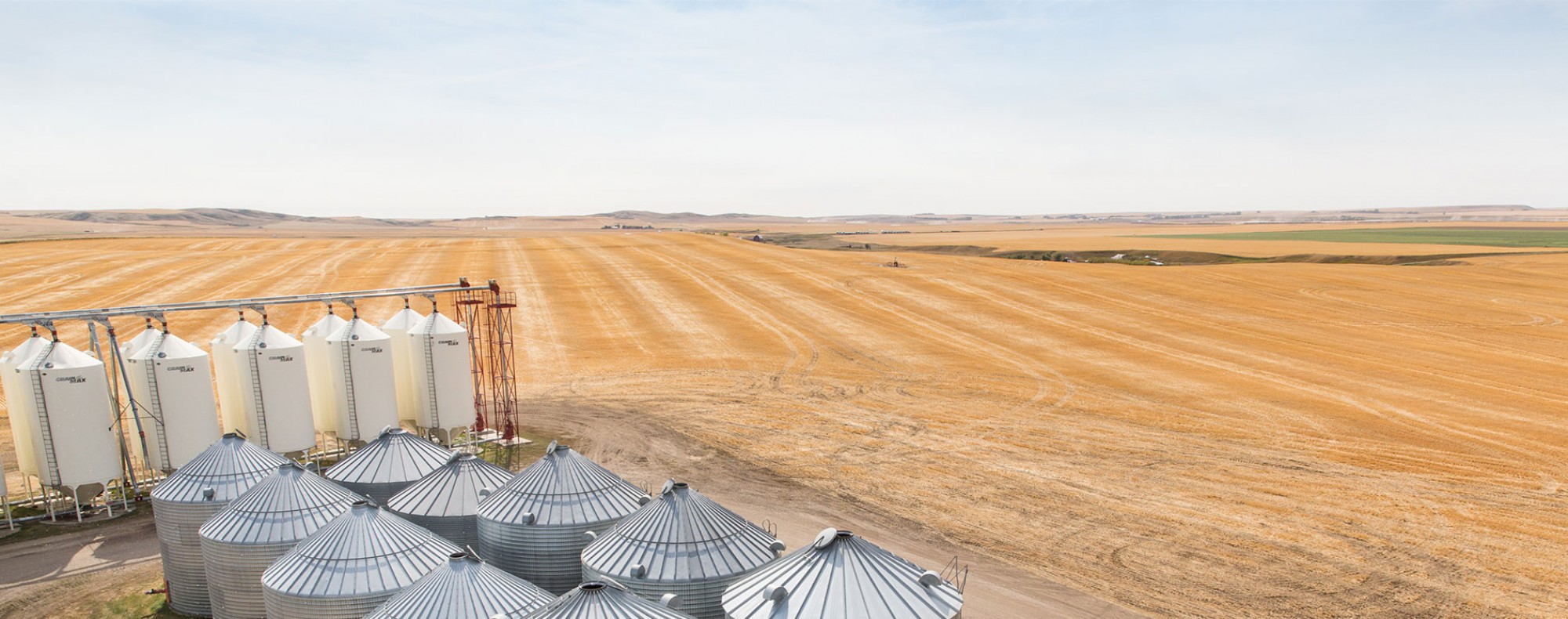In vitro selection: rapid screening and development of FHB and DON resistant wheat
AWC contribution: $100,000
Start date: April 1, 2014
End date: March 31, 2017
Summary:
Fusarium head blight (FHB), also known as ‘scab’, is a devastating disease of cereal crops caused by a necrotrophic fungus, Fusarium graminearum and related species. The fungus produces trichothecene toxins (including deoxynivalenol) that accumulate in the grain, presenting health risks upon consumption as human food or animal feed. Using in vitro selection combined with doubled-haploid methodology we will produce wheat germplasm with high levels resistance to FHB and toxin accumulation.
Objectives:
- To extend in vitro selection (IVS) technology to additional wheat classes while producing double haploids (DHs) with high levels of resistance to FHB and DON accumulation
- To screen developed IVS DH lines for favorable agronomics, FHB resistance and resistance to DON accumulation
- To evaluate promising lines in replicated agronomic trials, other disease screening nurseries, and for end-use quality
- To integrate the improved lines, where appropriate, into breeding programs which could ultimately be distributed to producers through the regular cultivar registration process
Benefit to producers:
This project differs from previous IVS activity by this group through active participation of wheat breeders who will incorporate the lines into their programs. This will lead to greater success of the objectives, and increase awareness and adoption of the advantages of IVS technology in the development of FHB resistant germplasm. FHB resistant DHs selected using IVS will diversify genetic resistance available to wheat breeders in Canada. Improved FHB resistance of diverse origin will become available in several wheat classes. FHB resistant DHs produced by IVS will be used as parental germplasm in Canadian breeding programs leading to improved resistance. Elite lines with merit will be tested for registration and release to Canadian producers. Registration of new wheat cultivars with high levels of FHB resistance will reduce the occurrence of FHB outbreaks, and therefore reduce inoculum buildup on crop residues, further reducing the impact of this disease.
Project Completion Report
Fusarium head blight (FHB), is a devastating disease of cereal crops caused by a necrotrophic fungus, Fusarium graminearumand related species. The fungus produces trichothecene toxins (including deoxynivalenol) that accumulate in the grain, presenting health risks upon consumption as human food or animal feed. The main objective of this project was to develop doubled haploid (DH) lines in collaboration Canadian wheat breeding programs with resistance to FHB. DHs are homozygous, meaning the genetics is fixed and the phenotype stable. In this project we employ an in vitro selection (IVS) method that applies a high selection pressure for the development DH lines carrying FHB resistance. Combining IVS with DH production can be a powerful tool for breeding programs as it offers a high efficiency of selection for plant breeders and shortens the time to cultivar registration. Previous IVS work carried out at Lethbridge was the proof-of-concept for selection of FHB resistant DHs in Canada Western Red Spring (CWRS) wheat, and was carried out in genotypes that are responsive to tissue culture. In this work, we continued to work with CWRS and also expanded the technology to four additional wheat classes: Canada Prairie Spring Red (CPSR), Canadian Western Soft White Spring (CWSWS), General Purpose (GP) and Canada Western Red Winter (CWRW). Importantly, this project was carried out in breeding lines so that the impact can reach wheat producers since DH lines can be selected from breeding populations for the development of elite germplasm and/or cultivar registration.
The major challenge in this work is the poor adaptability of the breeding material to the tissue culture process that is employed. After some intensive optimization we were able to improve our productivity and over the course of the project have generated nearly 9000 haploid plants. Haploid plants are doubled to generated DH plants and recover seed. Some unavoidable losses are incurred in the process of doubling, and to date DHs have been produced from just 3812 haploids and more than 1000 haploids are still in the process of being doubled. Preliminary screening in the field by participating breeders has been carried out for some of the lines we have produced, and so far 52 lines have been selected based on first year plant type evaluations. Over 2500 lines are currently being evaluated in the field for different traits including FHB resistance and plant type, at multiple locations in Canada.
